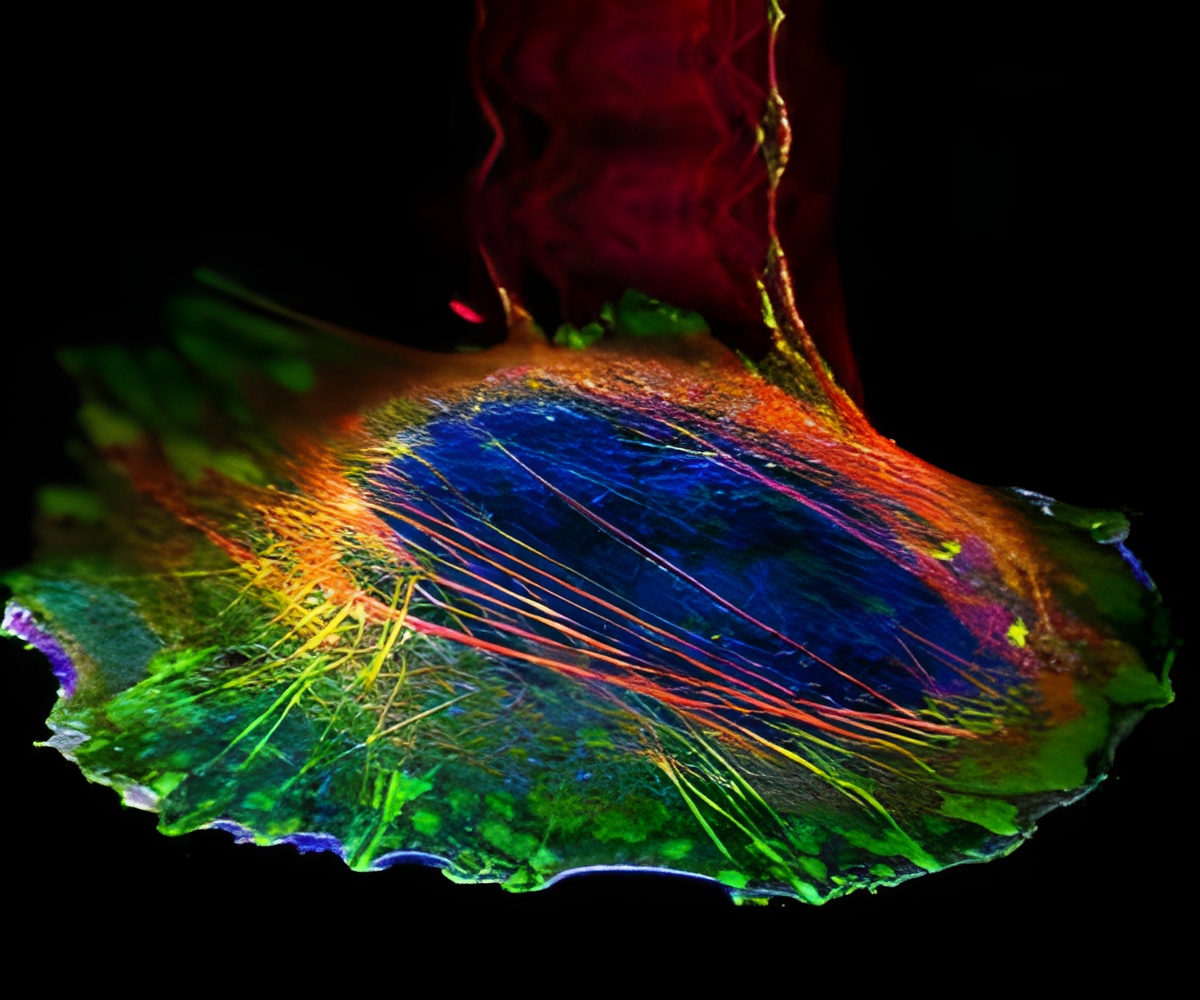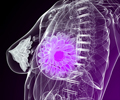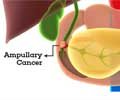
‘15D11 specifically targets Jagged1 which eliminates the protective effect of the rebuilders in the bone and allows chemotherapy to be effective in fighting cancer.’
Tweet it Now
But in cancer patients, this system can be hijacked by the bone tumors. The scrubbers can go into overdrive, removing bone tissue until almost nothing is left, or the rebuilders can be tricked into fostering the growth of tumor cells and protecting them during chemotherapy. In the ongoing battle between cancer and modern medicine, some therapeutic agents, while effective, can bring undesirable or even dangerous side effects. "Chemo saves lives and improves survival, but it could work much better if you eliminate unwanted side effects from it," said Princeton University cancer researcher Yibin Kang, the Warner-Lambert/Parke-Davis Professor of Molecular Biology.
"The Kang Lab primarily studies breast cancer metastasis--how cancer cells spread from the breast to other organs--because what kills the vast majority of cancer patients is not the original tumor but rather metastasis," said Hanqiu Zheng, a former postdoctoral fellow with Kang and the lead author of the study.
"Our project specifically looked at bone metastasis and how cancer cells and bone cells 'talk' to each other through molecular signaling," said Rebecca Tang, Class of 2016, who worked with Kang for three years and is now a medical student at the University of Pennsylvania.
Initially, the research team thought that 15D11 would only work against tumors that have a high expression of Jagged1, but then they found something surprising. When they paired their antibody with chemotherapy, it worked much better than either treatment alone, even in tumors without high level of Jagged1.
Advertisement
In most bone metastasis treatment, this is when tumors become resistant to chemotherapy and the treatment stops working. But because 15D11 specifically targets Jagged1, the antibody eliminates the protective effect of the rebuilders, allowing chemotherapy to continue keeping cancer at bay.
Advertisement
In Kang's experiments, mice with the combined treatment of the antibody and chemotherapy stayed relatively healthy, compared with rapidly worsening conditions in mice treated with either 15D11 or chemotherapy alone. In one experiment, the tumor burden in bone decreased more than 100-fold with the combined treatment.
"This is a remarkable response that we have never observed in any of our previous tests of therapeutic agents against bone metastasis in mice," Kang said. While the researchers haven't examined other cancers that also frequently metastasize to bone, such as prostate cancer, Kang said he suspects that the antibody would work on them as well.
Kang hopes for a rapid path toward getting the antibody ready for human trials, he said. As the antibody is already fully human, having been created in a "humanized mouse" genetically engineered by Amgen, the next step is clinical trials in patients, if Amgen or another pharmaceutical partner chooses to move forward.
Source-Eurekalert















